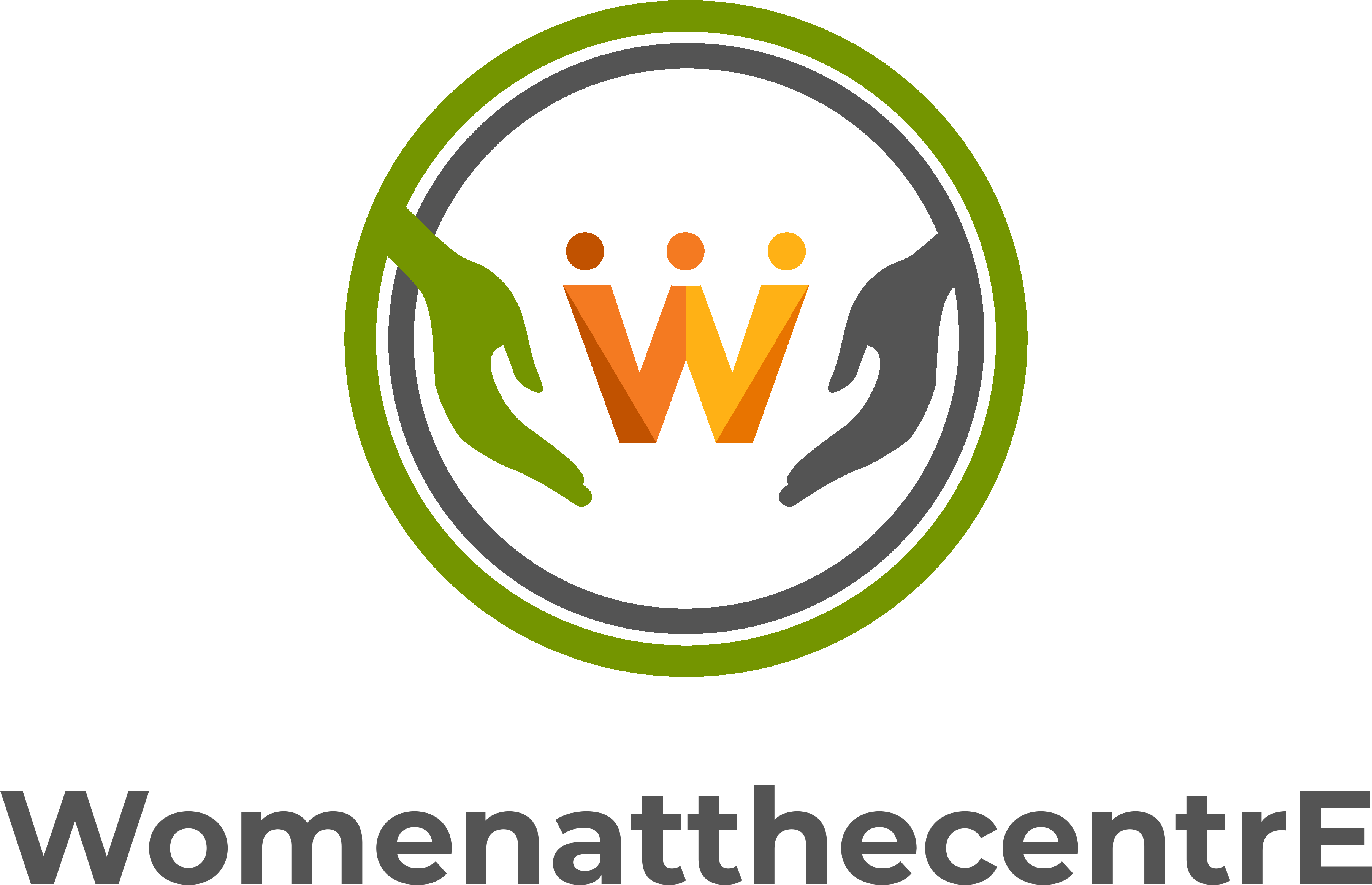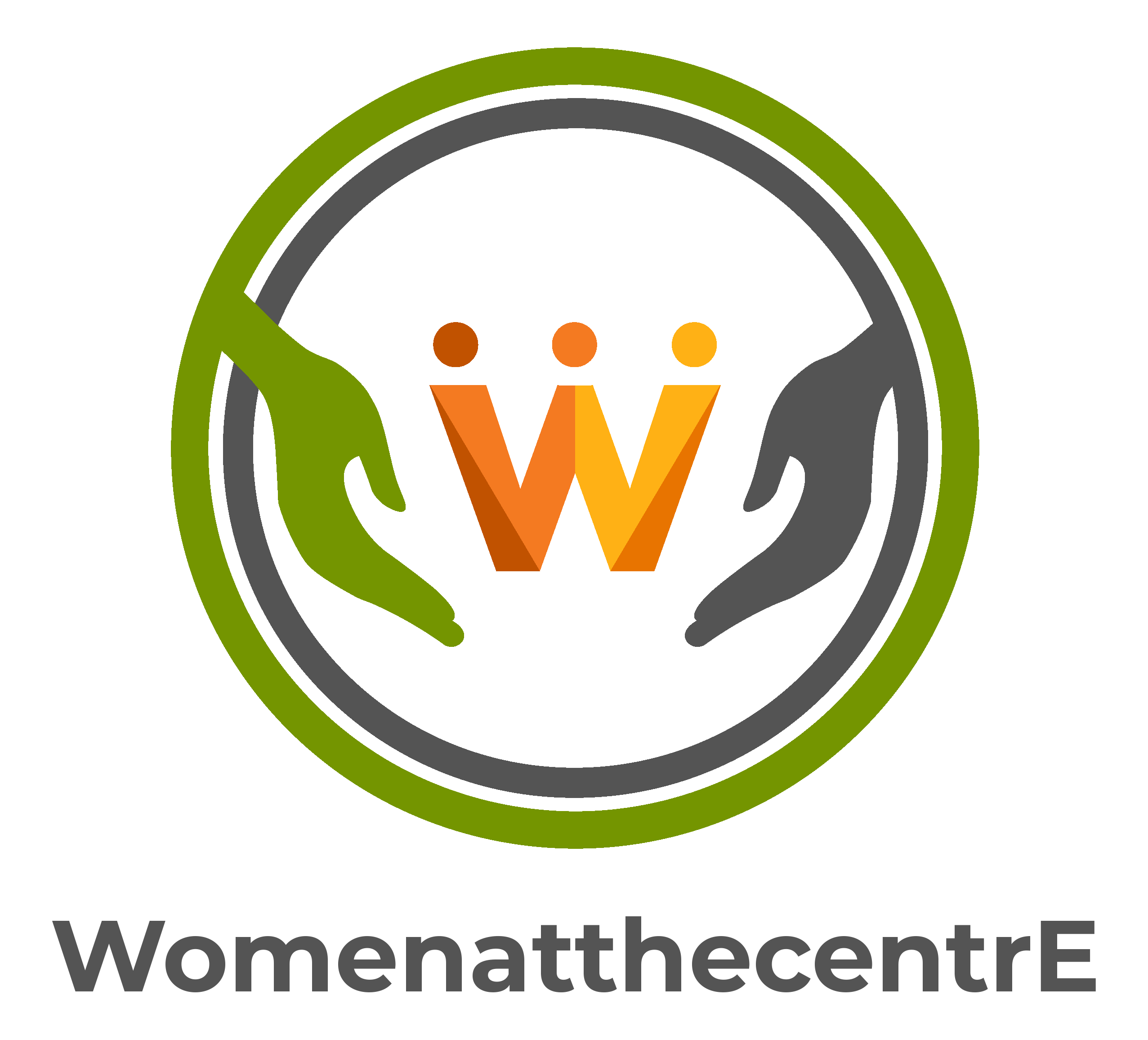Experiences Shaped by Diverse Identities #
It is important to be aware and recognize that every person’s experiences and responses to trauma are different. These are not only shaped by our unique journeys and identities. People with marginalized or underrepresented identities can face added difficulties due to systemic factors in our society beyond their control that can limit their access to resources and services, and can face biases and discrimination when navigating different systems.
Human Trafficking & Disability #
Being Disabled/living with a disability can increase vulnerability to human trafficking due to systemic barriers like social isolation, limited employment opportunities, and reliance on others for care. Traffickers exploit these circumstances to target the most vulnerable. Some survivors also report acquiring disabilities during trafficking due to physical and psychological violence, untreated injuries, or trauma.
Disabilities can be visible/apparent (visual impairments, mobility limitations, hearing impairments) or invisible/non-apparent (traumatic brain injury, PTSD, neurodivergence, chronic pain). Accessibility needs and access to resources vary for each person. Below are resources to learn more about disabilities, how to accommodate survivors, and ways to create more inclusive spaces.
For more information on traumatic brain injury, check out WomenatthecentrE’s resources under our website’s Knowledge Hub.
Having differing identities can also pose unique challenges and added barriers. Below are some resources that speak to some of these unique experiences.
Migrant Workers & Non-Status
- https://www.fcjrefugeecentre.org/human-trafficking
- https://www.cnee.ca/exploitation/
- https://migrantworkerhub.ca/topic/tfws-life-in-canada/rights-and-protections/anti-human-trafficking/
- https://gaatw.ca/item/un-special-rapporteur-on-contemporary-forms-of-slavery-canada-visit/
2SLGBTQIA+
Indigenous Peoples












